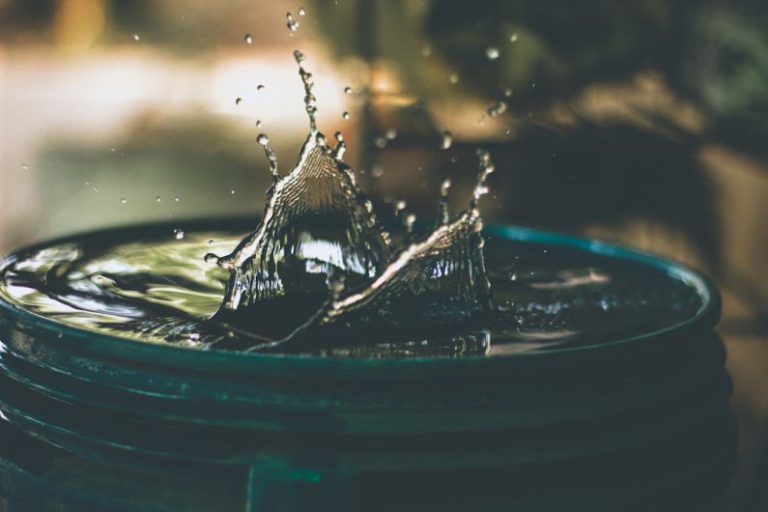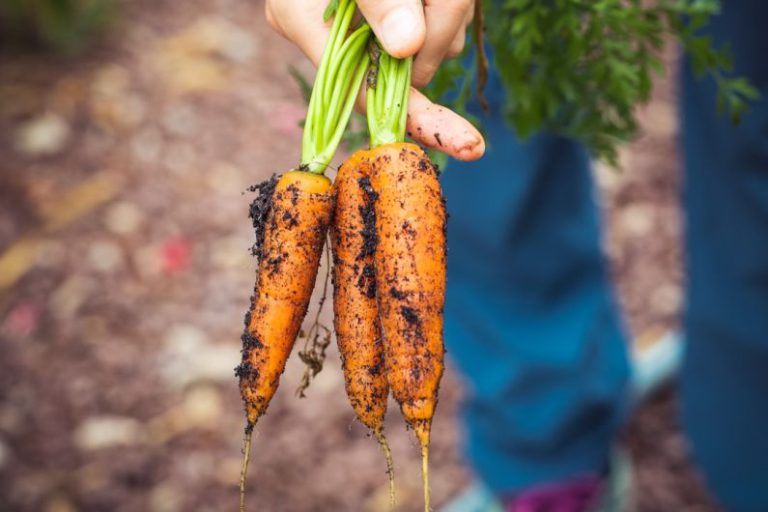What Is Composting and How to Get Started?
Composting is a simple yet powerful method of recycling organic waste into nutrient-rich soil. By decomposing organic materials like kitchen scraps, yard waste, and other biodegradable items, composting not only reduces the amount of waste that ends up in landfills but also creates a valuable resource for enriching garden soil. If you are new to composting and wondering how to get started, this article will guide you through the basics of composting and help you kickstart your composting journey.
Understanding Composting
Composting is a natural process that occurs when organic materials break down into a dark, crumbly substance known as compost. This process is facilitated by microorganisms such as bacteria, fungi, and insects that thrive in a compost pile. These organisms feed on the organic matter, breaking it down into simpler compounds that enrich the soil with essential nutrients.
The Benefits of Composting
Composting offers a range of benefits for both the environment and your garden. By diverting organic waste from landfills, composting helps reduce greenhouse gas emissions and minimize the production of methane, a potent greenhouse gas. Additionally, composting enriches the soil with valuable nutrients, improves soil structure, and enhances soil moisture retention. This, in turn, promotes healthier plant growth, reduces the need for chemical fertilizers, and supports biodiversity in your garden.
Getting Started with Composting
To start composting at home, you will need a few key components:
1. A Compost Bin: You can choose from a variety of compost bins, including stationary bins, tumblers, and vermicomposting bins. Select a bin that suits your space and composting needs.
2. Brown and Green Materials: Composting requires a balance of brown (carbon-rich) and green (nitrogen-rich) materials. Brown materials include items like dried leaves, straw, and paper, while green materials consist of kitchen scraps, grass clippings, and plant trimmings.
3. Water: Moisture is essential for the composting process. Keep your compost pile damp, but not waterlogged, to support microbial activity.
4. Oxygen: Turning your compost pile regularly will aerate the pile and provide oxygen to the microorganisms involved in the decomposition process.
Layering Your Compost Pile
To create a successful compost pile, alternate layers of brown and green materials. Start with a layer of brown materials, such as dried leaves or shredded paper, followed by a layer of green materials, such as fruit and vegetable scraps. Continue layering brown and green materials until your compost pile is at least three feet high.
Maintaining Your Compost Pile
To ensure that your compost pile decomposes efficiently, follow these tips:
– Turn your compost pile regularly to aerate the materials and promote decomposition.
– Keep your compost pile moist by watering it as needed.
– Monitor the temperature of your compost pile. A properly functioning compost pile will generate heat as the microorganisms break down the organic matter.
Troubleshooting Common Composting Issues
If you encounter challenges with your compost pile, such as foul odors or slow decomposition, consider the following solutions:
– Adjust the carbon-to-nitrogen ratio by adding more brown or green materials as needed.
– Ensure proper aeration by turning the compost pile more frequently.
– Avoid adding meat, dairy, or oily foods to your compost pile, as these items can attract pests and slow down the composting process.
Embracing the Composting Lifestyle
Composting is a rewarding and environmentally friendly practice that anyone can incorporate into their daily routine. By diverting organic waste from landfills and creating nutrient-rich soil for your garden, composting allows you to take a proactive step towards sustainability. Start small, experiment with different composting techniques, and enjoy the process of turning kitchen scraps and yard waste into a valuable resource for your plants. With a little patience and dedication, you can harness the power of composting to nourish your garden and reduce your environmental footprint.






